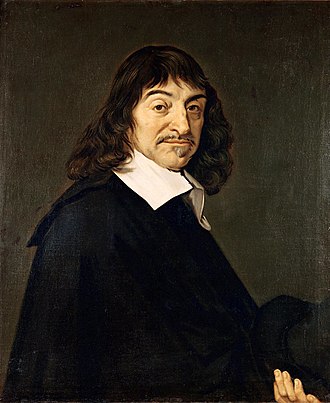Age of Enlightenment
Age of Enlightenment
The Age of Enlightenment, also known as the Age of Reason, was a profound intellectual and cultural movement that emerged in the late 17th century and continued into the 18th century, primarily in Europe. This period emphasized reason, analysis, and individualism rather than traditional lines of authority. It was marked by a departure from the medieval worldview dominated by the Church, and a turn towards science, democracy, and a more secular outlook on life.
Origins and Historical Context
The Enlightenment had its roots in the Renaissance and was fueled by the Scientific Revolution, which had challenged traditional beliefs and encouraged a new way of thinking about the natural world. Philosophers such as René Descartes, with his method of doubt and emphasis on empirical evidence, laid the groundwork for this new intellectual movement.
Key Philosophers and Contributors
Several key figures were instrumental in advancing the ideas of the Enlightenment. Among them were:
- John Locke, who argued for the concept of a "social contract" and believed in the fundamental rights of life, liberty, and property.
- Voltaire, a fierce critic of the Catholic Church, who advocated for freedom of speech and religion.
- Jean-Jacques Rousseau, who presented the idea that society corrupts natural goodness and freedom, and that government should be based on the will of the people.
- Immanuel Kant, who famously encouraged individuals to use their own reason in understanding the world, encapsulated in his motto "Sapere aude" (Dare to know).
Impact and Legacy
The Enlightenment had a profound impact on many aspects of society, including politics, science, and art. Its ideas were instrumental in the development of modern democracy, with the American Revolution and the French Revolution being directly influenced by Enlightenment principles. The period also saw significant advancements in science, with figures like Isaac Newton making groundbreaking contributions that would shape the future of physics.
In the arts, the Enlightenment encouraged a departure from religious themes and towards more secular subjects. Literature, music, and visual arts of the period reflected the values of reason, clarity, and order.
Criticism and Counter-Enlightenment
Despite its significant contributions to modern thought, the Enlightenment has been subject to criticism. Some have argued that its emphasis on reason led to the devaluation of emotion and the human spirit. The Counter-Enlightenment movement emerged as a direct response, emphasizing the importance of tradition and faith over reason.
Conclusion
The Age of Enlightenment was a pivotal era that reshaped many aspects of Western civilization. Its emphasis on reason, individualism, and skepticism of traditional authority laid the groundwork for the modern world. While it has its critics, the Enlightenment's legacy in fostering scientific, political, and cultural progress is undeniable.
Transform your life with W8MD's budget GLP-1 injections from $125.
W8MD offers a medical weight loss program to lose weight in Philadelphia. Our physician-supervised medical weight loss provides:
- Most insurances accepted or discounted self-pay rates. We will obtain insurance prior authorizations if needed.
- Generic GLP1 weight loss injections from $125 for the starting dose.
- Also offer prescription weight loss medications including Phentermine, Qsymia, Diethylpropion, Contrave etc.
NYC weight loss doctor appointments
Start your NYC weight loss journey today at our NYC medical weight loss and Philadelphia medical weight loss clinics.
- Call 718-946-5500 to lose weight in NYC or for medical weight loss in Philadelphia 215-676-2334.
- Tags:NYC medical weight loss, Philadelphia lose weight Zepbound NYC, Budget GLP1 weight loss injections, Wegovy Philadelphia, Wegovy NYC, Philadelphia medical weight loss, Brookly weight loss and Wegovy NYC
|
WikiMD's Wellness Encyclopedia |
| Let Food Be Thy Medicine Medicine Thy Food - Hippocrates |
Medical Disclaimer: WikiMD is not a substitute for professional medical advice. The information on WikiMD is provided as an information resource only, may be incorrect, outdated or misleading, and is not to be used or relied on for any diagnostic or treatment purposes. Please consult your health care provider before making any healthcare decisions or for guidance about a specific medical condition. WikiMD expressly disclaims responsibility, and shall have no liability, for any damages, loss, injury, or liability whatsoever suffered as a result of your reliance on the information contained in this site. By visiting this site you agree to the foregoing terms and conditions, which may from time to time be changed or supplemented by WikiMD. If you do not agree to the foregoing terms and conditions, you should not enter or use this site. See full disclaimer.
Credits:Most images are courtesy of Wikimedia commons, and templates, categories Wikipedia, licensed under CC BY SA or similar.
Contributors: Prab R. Tumpati, MD




